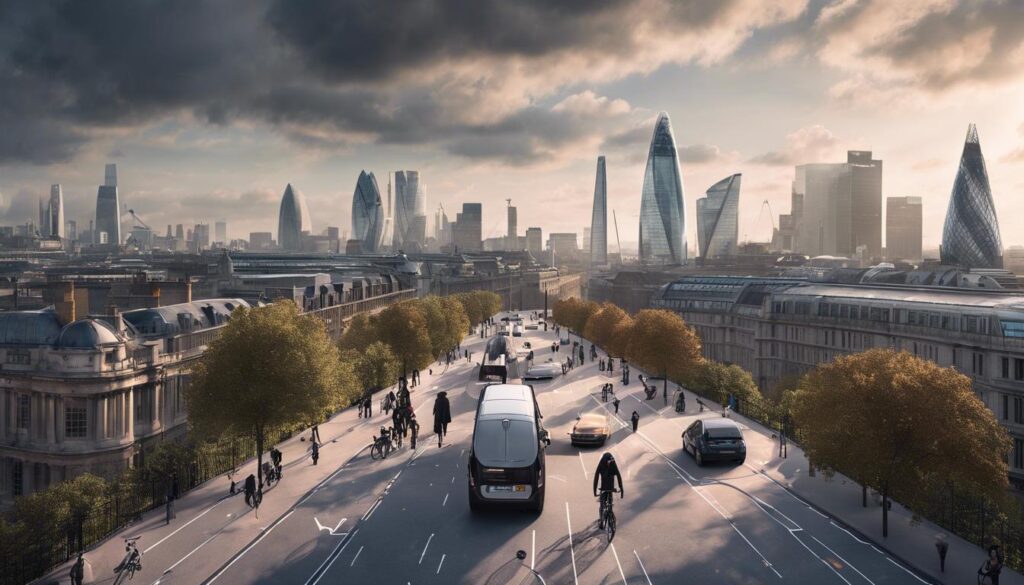In the heat of the electoral campaign, London Mayor Sadiq Khan pledges not to extend the Ultra Low Emission Zone or increase its charges, marking a distinct approach to tackling the city’s air pollution and transportation challenges among the candidates.
London Mayor Sadiq Khan has declared that there will be no changes to the Ultra Low Emission Zone (Ulez) if he secures re-election in the upcoming mayoral elections on May 2nd. This includes commitments not to expand Ulez, increase its £12.50 charge, introduce a pay-per-mile scheme, or toughen emission standards. Khan’s strategy to confront air pollution centers on enhancing non-vehicular transport options, like improving walking and cycling infrastructure, and fostering electric vehicle utilization through expanded charging networks. These announcements were made amid the electoral contest, which features candidates from various political leanings offering differing approaches to London’s environmental and transportation intricacies.
Khan’s stance has attracted scrutiny and criticism from opponents. Conservative candidate Susan Hall accused him of being inconsistent and unreliable based on his previous extension of Ulez despite an initial promise not to do so. Hall, alongside Liberal Democrat candidate Rob Blackie, criticized Khan’s handling of the Ulez scheme. Blackie argued for a more gradual expansion approach, particularly for the benefit of outer London residents.
Despite the backlash, Khan’s office reinforced his position by outright rejecting the implementation of a pay-per-mile road user charging scheme, aiming to provide clarity and reassurance to London’s drivers. The responses from political rivals and a focus on alternative environmental measures shape the discourse as the mayoral race intensifies, with each candidate presenting their vision on how best to tackle pollution and enhance transportation in the capital.


